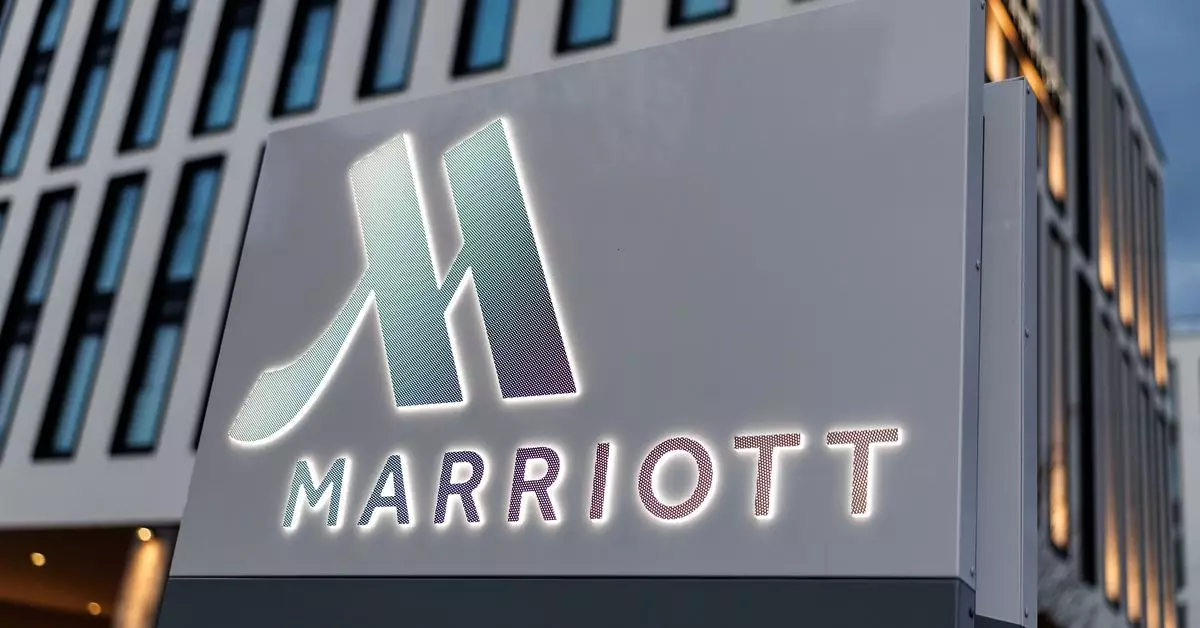In what can be deemed a pivotal moment for data security in the hospitality sector, the Federal Trade Commission (FTC) has finalized an order mandating Marriott International and its subsidiary, Starwood Hotels, to bolster their digital security measures. Following a series of significant data breaches in the years 2015, 2018, and 2020, it has become evident that the lax security practices of these hospitality giants have jeopardized the personal information of over 344 million customers worldwide. The FTC’s intervention sheds light on the serious ramifications of inadequate data protection protocols, emphasizing the need for stricter regulations in an increasingly digital world.
What’s alarming about these breaches is not just their scale but the duration for which malicious actors were able to exploit weaknesses. The shortest breach persisted for a staggering 14 months before being detected, while the longest went unnoticed for an extraordinary four years, starting in 2018. Such lapses raise questions about the internal auditing and monitoring systems that organizations like Marriott have in place. Moreover, the compromised data included sensitive information such as passport details and financial data, amplifying the potential harm to individuals.
The FTC’s allegations suggest that Marriott and Starwood misled consumers regarding their commitment to data security. This deception is particularly concerning in an era where trust is paramount for businesses that handle sensitive information. Added to this is the fact that a ransomware attack on MGM Resorts last year put a spotlight on just how vulnerable hotels are to cyber threats. Such incidents not only place customers at risk but also disrupt business operations and tarnish brand reputation. Consumers, who frequently rely on these services while traveling, deserve assurances that their personal information is handled with the utmost care and consideration.
To address these concerns, the FTC has mandated that Marriott and Starwood overhaul their digital practices. Among the stipulations is a requirement to retain customer data only for as long as necessary, alongside allowing U.S. customers the ability to request the deletion of their personal information via a dedicated link. The order not only prohibits the companies from misrepresenting their data handling processes but also insists on rigorous compliance measures. This includes keeping detailed records and undergoing periodic inspections by the FTC to ensure adherence to the new security protocols.
This case is part of a larger trend wherein industries that traditionally have not prioritized cybersecurity are being held accountable as digital threats evolve. The hospitality sector, in particular, must recognize that cyber-attacks are no longer the remote concerns of tech companies, but a pressing reality that can impact their operations and their customers’ safety. The penalties Marriott faced, including a $52 million settlement in Connecticut, signal a shift toward a more rigorous enforcement of data protection laws.
As organizations like Marriott navigate these transformative changes, the focus on robust cybersecurity practices must take precedence. It’s a crucial challenge that, if successfully embraced, can serve to rebuild trust with consumers and protect sensitive information in an era where digital threats are omnipresent.

